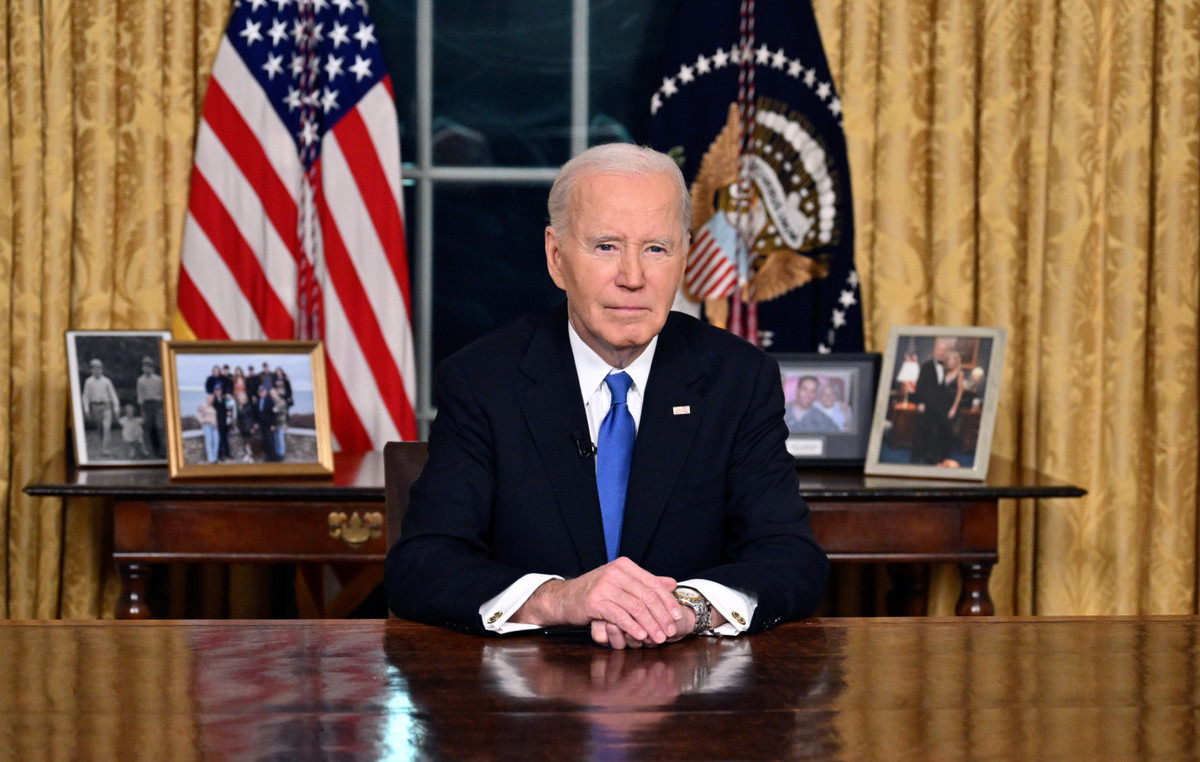The readjustment of almost 11% in the price of medicines in Brazil, which should come into force in April, is a reflection of the lack of subsidy policies for the sector, according to Leopoldo Veras, a member of the Technical Committee of the Alliance for Population Health (Asap).
In an interview with CNN this Thursday (31), he mentioned countries like the U.S it’s the United Kingdomin which the public and private sectors practice broad subsidies to reduce “the burden of the drug bill for patients”.
“This attitude has an obvious reason, access to drug treatments reduces the aggravation of diseases and risks for the population, and there is an interest and genuine commitment of the public and private initiative to alleviate this burden for the populations”, he says.
According to Veras, in Brazil there is a drug subsidy program by the Unified Health System (SUS), but with a restricted list that often does not include the therapies indicated for the population, which causes the readjustments to affect the families’ budget.
He assesses that the lower-income population is the one that suffers most from these readjustments, and in many cases they have to choose between not buying something else to pay for the medication or not buying the medication itself, and “there is subject to all aggravations and resulting from non-adherence to drug treatment”.
“Historically, this adjustment takes place in April, and is the result of a study by the Medicines Market Regulation Chamber, which evaluates issues such as inflation, productivity, price adjustment, costs to the industry. It always publishes in the Official Gazette the maximum price that can be readjusted as of April 1st”, he explains.
Veras says that, this year, the main parameter for the readjustment was the inflation, which ended the year 2021 above 10%, and which also ends up impacting the medicines sector. In 2020, the adjustment was suspended due to the pandemicbut it was 10.06% last year.
He also cites factors specific to the health sector, such as “the aging of the population, which makes the incidence of chronic diseases higher, and consumption for health treatments also increases”.
“The readjustment, the determination, is linear, what happens is that often some sectors in which competition is fiercer, such as generics, hold the readjustment by competitive strategy, but in general it is applied”, he says.
For Veras, the SUS “can contribute, and some SUS medicines are not so much adjusted by price freeze”, but the restriction of the list ends up reducing the potential for relief for the population.
Source: CNN Brasil
I am Sophia william, author of World Stock Market. I have a degree in journalism from the University of Missouri and I have worked as a reporter for several news websites. I have a passion for writing and informing people about the latest news and events happening in the world. I strive to be accurate and unbiased in my reporting, and I hope to provide readers with valuable information that they can use to make informed decisions.







